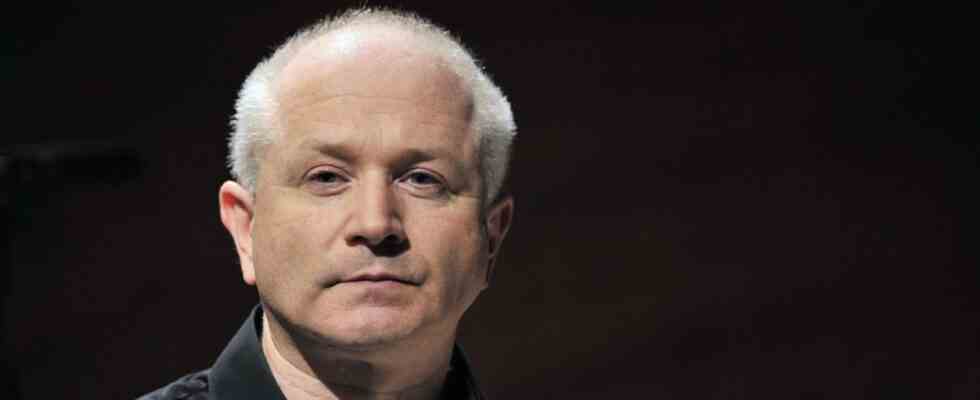The Siemens Music Prize, which has been awarded annually since 1974, is the noblest of all music prizes. An interpreter or composer is awarded, usually men, then there are also sponsorship prizes, and a number of projects are also supported. This year 3.7 million euros are available for this, and the main prize goes, once again, to one man, George Benjamin, who is a composer and conductor in one person.
Benjamin, born in London in 1960, is famous in musical circles, but hardly anyone else knows him. His last opera, “Lessons in Love and Violence” is a study of power, love and sadism, not only in London (Benjamin conducted the premiere), but also in Amsterdam, Hamburg, Lyon, Chicago and Madrid. The two previous tracks “Written on Skin” and “Into the Little Hill” were also great successes, especially with the audience. George Benjamin is a thoroughly reflective avant-gardist who, as a composer and conductor, always knows how to find the balance between sound construction and exuberant sensuality. Benjamin loves clarity, he always writes short and precise (the “Lessons” opera only lasts 90 minutes), rich in tone and stimulating the imagination. And although his sounds are always surrounded by an enigmatic aureole, he relies above all on the transparency of his sound inventions, he sticks to narrative pieces that other avant-gardists reject as outdated, and writes melodies, which was also taboo for many of his colleagues for a long time.
Benjamin started composing at the age of two, he thought up songs before he had to go to bed, writing down the music wasn’t even an option back then. A few years later he saw Walt Disney’s “Fantasia”. He then threw his pop music records in the trash and made composing his purpose in life. Beethoven’s symphonies were his fixed star for a long time. Every piece by Benjamin is constructed completely differently, his list of works is not particularly long. In “Dream of a Song” he set texts by Jewish poets to music, his mother comes from a Sephardic Jewish family. He also set texts from the “Divan des Tamarit” to music, in which the poet Federico García Lorca confessed to being gay.

